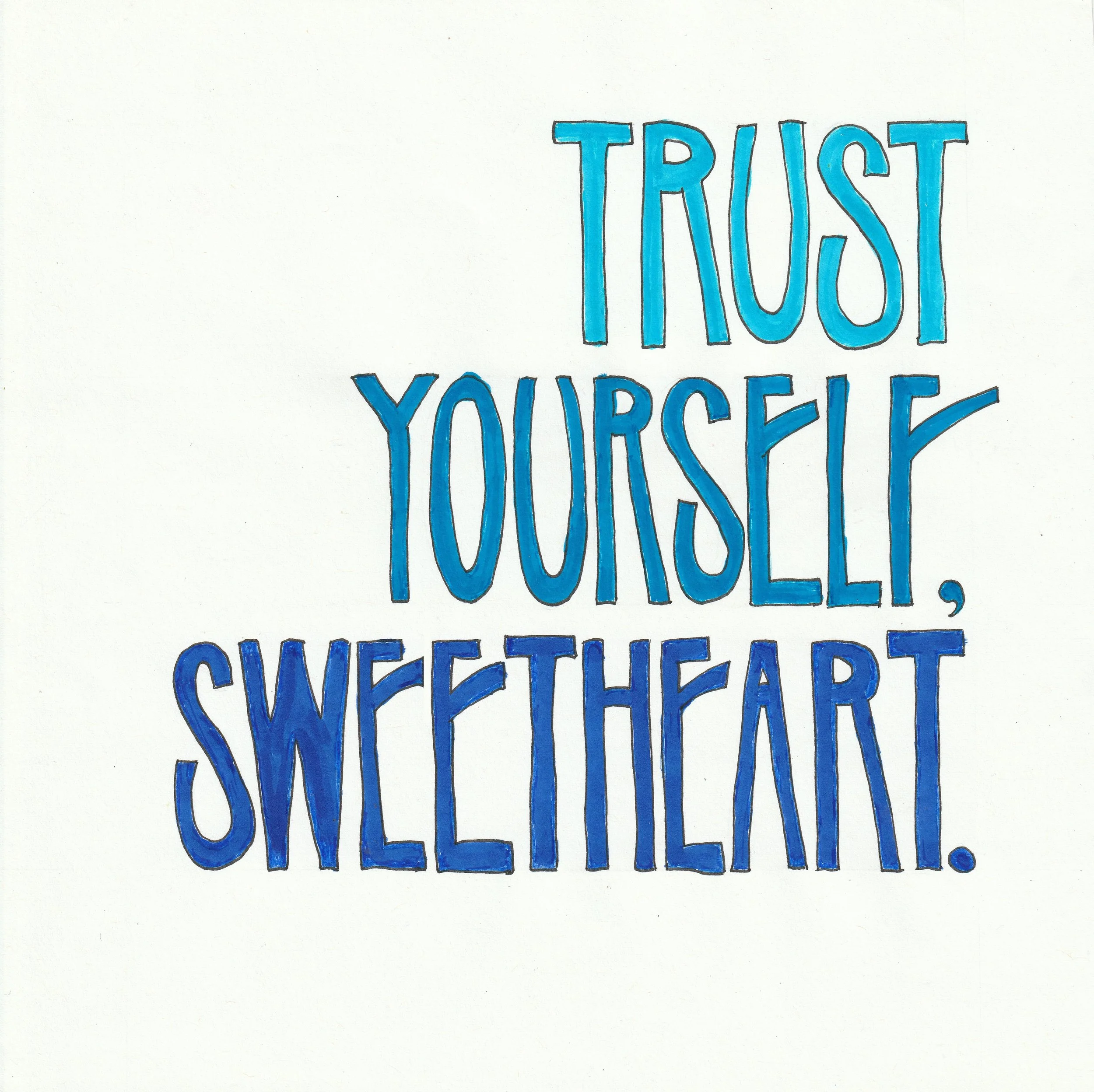"Do what you do best. To the best of your ability. For the good of others." ~ Charles Handy
What do you do when you don’t know what to do?
In talking to people recently, the most common thing I hear is, “I don’t know what to do. I don’t even know where to start.”
For many, this concern is about the suffering that is happening all around us: from increased hatred and harm toward marginalized folks, to the repercussions of climate change, to the degradation of democracy. There is so much that we care about and the sheer magnitude can leave us paralyzed.
And this same “don’t know what to do” feeling can be personal, closer to home. Maybe children are launching. Maybe marriages and jobs are ending. Maybe a diagnosis has us reevaluating our health. Maybe a loss has left us questioning our priorities.
In heavy, confusing times, Glennon Doyle suggests to “just do the next right thing, one thing at a time.” But sometimes, the needs are so pressing and so enormous that we struggle to know what the next right thing even is.
Keep Going Together, a grassroots group supporting non-profit organizations working to reduce harm and suffering in Charlottesville, had its first meeting last week. We began our approach to the staggering need and our passion to be of service with three questions that were inspired, in part, by Charles Handy’s quote above.
Three Questions For When You Don’t Know What To Do:
1. What is good? What is working? What is beautiful?
2. What are you passionate about? What issues or people do you feel compelled to stand up for and take action on?
3. What is your superpower? What makes you come alive? What do you do with joy?
Any time things feel wildly messy and you don’t know what to do, these three questions are a good place to start, and here’s why:
Why These Three Questions When You Don’t Know What To Do?
1. What is good? What is working? What is beautiful?
If things are hard and stuck, it can be easy to mire ourselves even further in every.single.thing. that is wrong and broken and cruel in the world. Because there is so much that is a mess. And. AND there is so much that is good (even people!), working (warm water out of the tap!), and beautiful (the sky! squirrels! hot coffee!).
When you feel paralyzed, the best place to start is not on what needs fixing but what is already whole and amazing. Moving forward in dark times requires us to hold both simultaneously: the beautiful and the horrible, the harmful and the healing, the broken and the fully functioning. This first question helps us open our eyes and take in all of it. It helps us be with the Both/And of living in the world.
2. What are you passionate about? What issues or people do you feel compelled to stand up for and take action on?
There is so much to do in our personal lives and in the larger world. We can’t work on all of it at once. The best place to start is where your passion is. What lights you up? What sets a fire in you? It might be your health or supporting someone in your life or it might be the LBGTQ kids at the local high school or the polluted river that runs through your town or your underfunded city library. Whatever it is, personal or public, start there.
This second question helps us identify your values and what specifically matters to you most right now. And if *everything* fires you up, remember the words of Ursula Wolfe-Rocca:
“It can be overwhelming to witness / experience / take in all the injustices of the moment; the good news is that they’re all connected. So if your little corner of work involves pulling at one of the threads, you’re helping to unravel the whole damn cloth.”
3. What is your SUPERPOWER? What makes you come alive? What do you do with joy?
The second most common thing I hear from folks these days is that they don’t know what their superpower is and don’t know how they can contribute. Maybe “superpower” is too strong a term for some, so let me put it this way, what is the thing that you do easily but when others remark upon its wonder, you say, “Oh that? That’s nothing.”
When you don’t know what to do, trust those things that you do with energy and joy. Twentieth-century philosopher and theologian Howard Thurman said,
“Don’t ask what the world needs. Ask what makes you come alive and go do it. Because what the world needs is people who have come alive.”
When you don’t know what to do, start with your own aliveness. Start with what you would do if the world wasn’t burning down. Start with what you love to do and do well ... and go from there.
It’s natural to feel stuck and uncertain about how to proceed in the face of daunting challenges and overwhelming problems. Whether those issues are in the private or public sphere, it makes sense that there are many times when we don’t know what to do.
These three questions can help to unlock our eyes and our energy. They can thaw our frozen parts and invite in some breath and life. Come back to these three questions over and over. The answers might shift over time; they likely will. It’s in the asking that the ice jam shifts and movement happens again.







